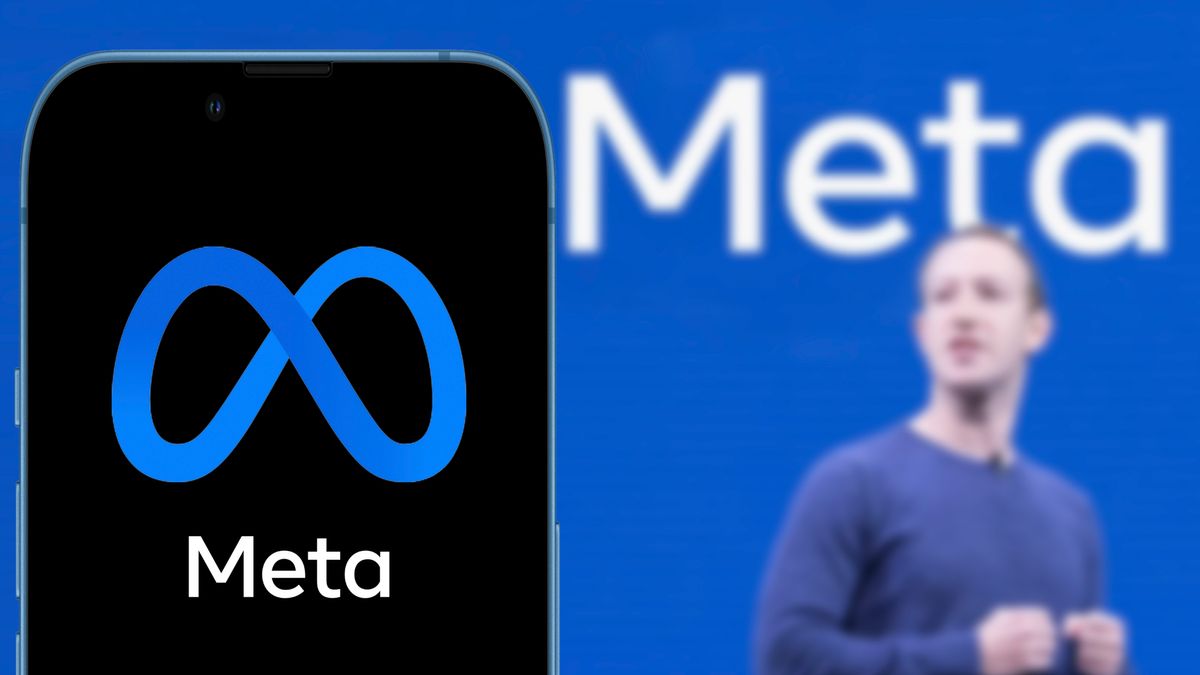Meta's AI Training Controversy Unveiled
Meta's AI Training: An Overview
Meta, the tech giant behind Facebook, has reportedly trained its AI using over 80 terabytes of pirated content. This revelation has stirred significant discussion in the tech community. Employees at Meta allegedly expressed their concerns over the ethical implications of using such data. They were reportedly advised against leveraging pirated materials, raising questions about the practices within the organization.

Zuckerberg's Push for AI Integration
Despite internal opposition, Mark Zuckerberg reportedly pushed forward, emphasizing the strategic need for AI implementation. His determination was seen as pivotal in propelling Meta towards its vision of a tech-driven future. A source remarked, "Zuckerberg's relentless pursuit of innovation often comes with tough decisions."
"Innovation distinguishes between a leader and a follower." - Steve Jobs
Employee Discussions and Concealment
Amid the controversial use of pirated data, employees allegedly discussed ways to obscure the data origins. The ethical boundaries of AI development have been a matter of great debate, with experts noting the importance of transparency and legitimacy in sourcing training data.
- Concerns about legal implications
- Impact on Meta’s brand image
- Long-term consequences of unethical practices
The Greater Good Argument
Interestingly, Meta's decision to open-source their Llama AI was presented as a step towards benefiting the tech community. By making advanced AI tools accessible to developers globally, Meta aimed to foster innovation and democratize technology. This move has garnered mixed reactions, reflecting the larger debate over open-source AI frameworks.
Explore books on AI open-source frameworks on AmazonFuture Implications and Industry Response
As Meta navigates the fallout from these revelations, industry peers are closely watching the company's strategies. The use of pirated content for AI training poses potential legal challenges, while also sparking conversations about data ethics across the tech industry.
Watch a YouTube explainer on AI ethicsAdditional Insights
Further insights into the implications of such practices can be found in [relevant white papers](https://www.example.com/whitepaper) that delve into data privacy and AI ethics, showcasing the critical importance of maintaining integrity in AI development.
